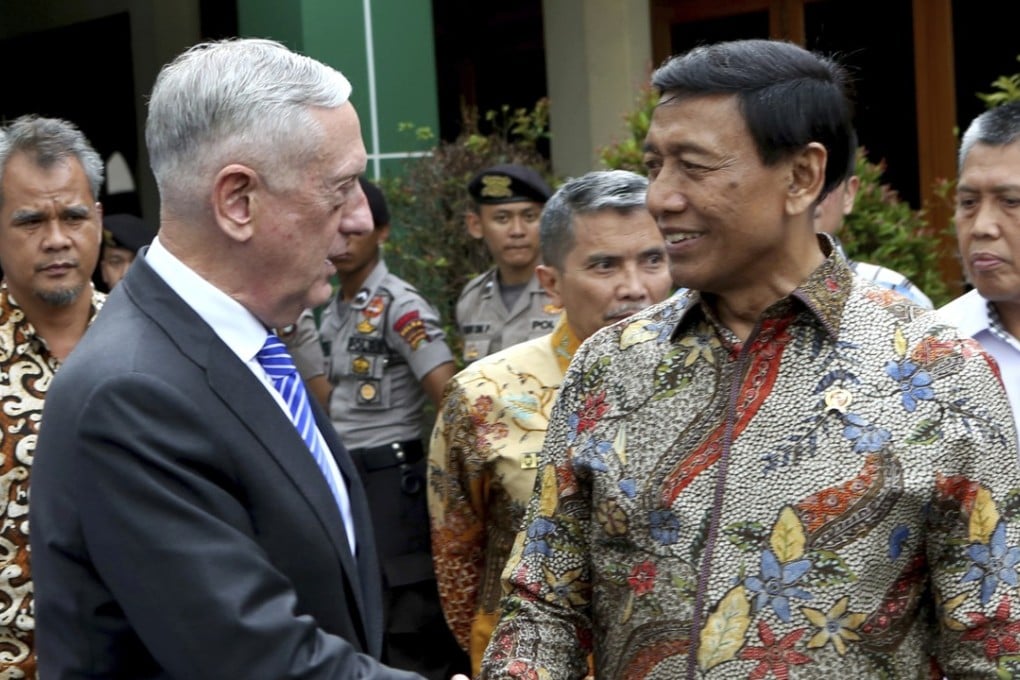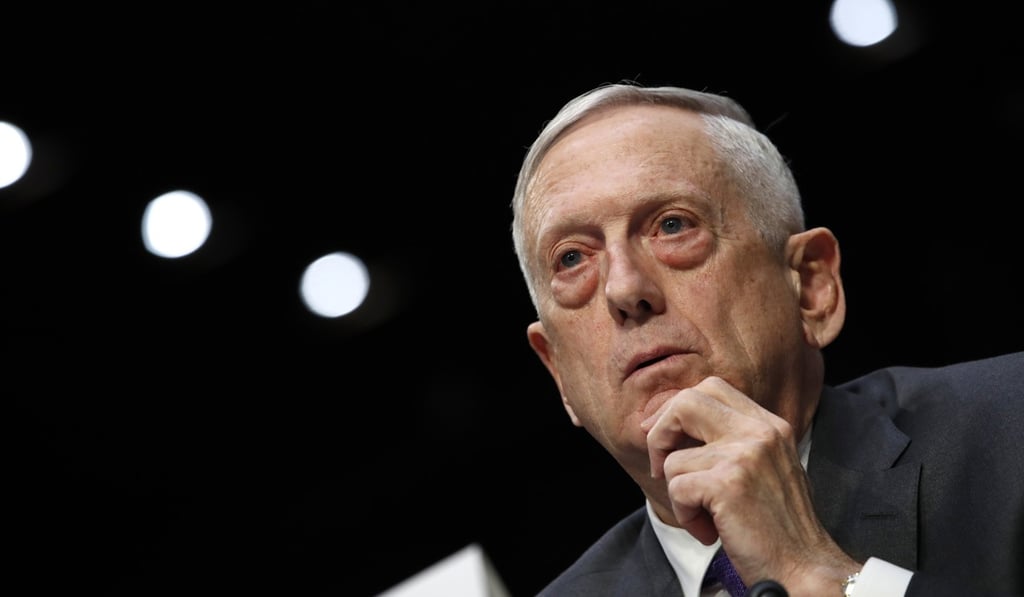Opinion | How Indonesia keeps maritime tensions from defining its relationship with China
- Richard Heydarian writes that as the southeast Asian nation begins to assert its interests, it could find itself at loggerheads with Beijing
- For now, Jakarta’s default policy is to solidify the nation’s role as a balancing force among rival powers

“Let her sleep, for when she wakes she will shake the world,” Napoleon Bonaparte once memorably said about the immeasurable potential of China.
The French emperor’s foreboding, however, could equally apply to Indonesia, which stands at the heart of the “Indo-Pacific” realm, the new dominant geopolitical framework of the 21st century.
As Indonesia begins to assert its interests commensurate to its growing geopolitical weight, it could soon find itself at loggerheads with emerging naval powers, particularly China.
For now, Indonesia’s default policy is to solidify its role as a balancing force among competing powers. This stubborn instinct for non-alignment was fully on display during the recent Second Jakarta Geopolitical Forum, organised by the influential Indonesian National Resilience Institute (Lemhannas), which brought together experts from across the Indo-Pacific to discuss the future of the mega region.

Statements from senior officials and experts in the country reflect Jakarta’s obstinate preference for engagement over confrontation, multilateralism over minilateralism, and a low-key regional developmental role rather than projecting naval power overseas.
